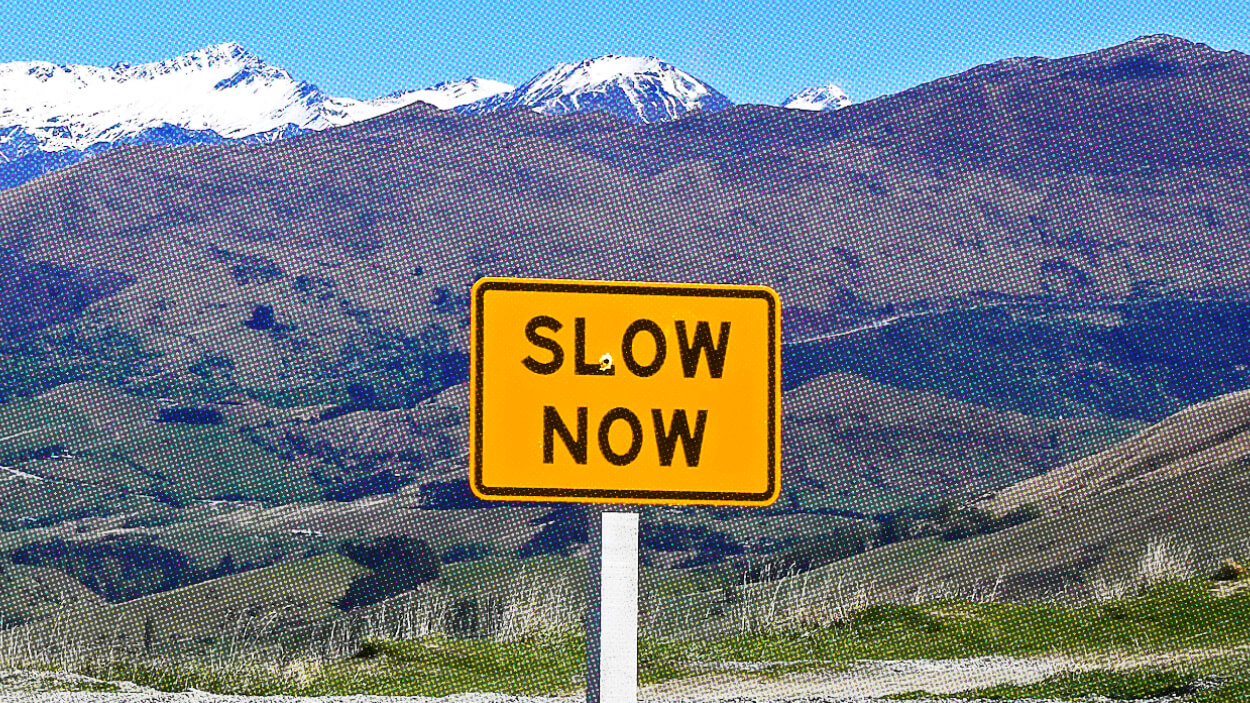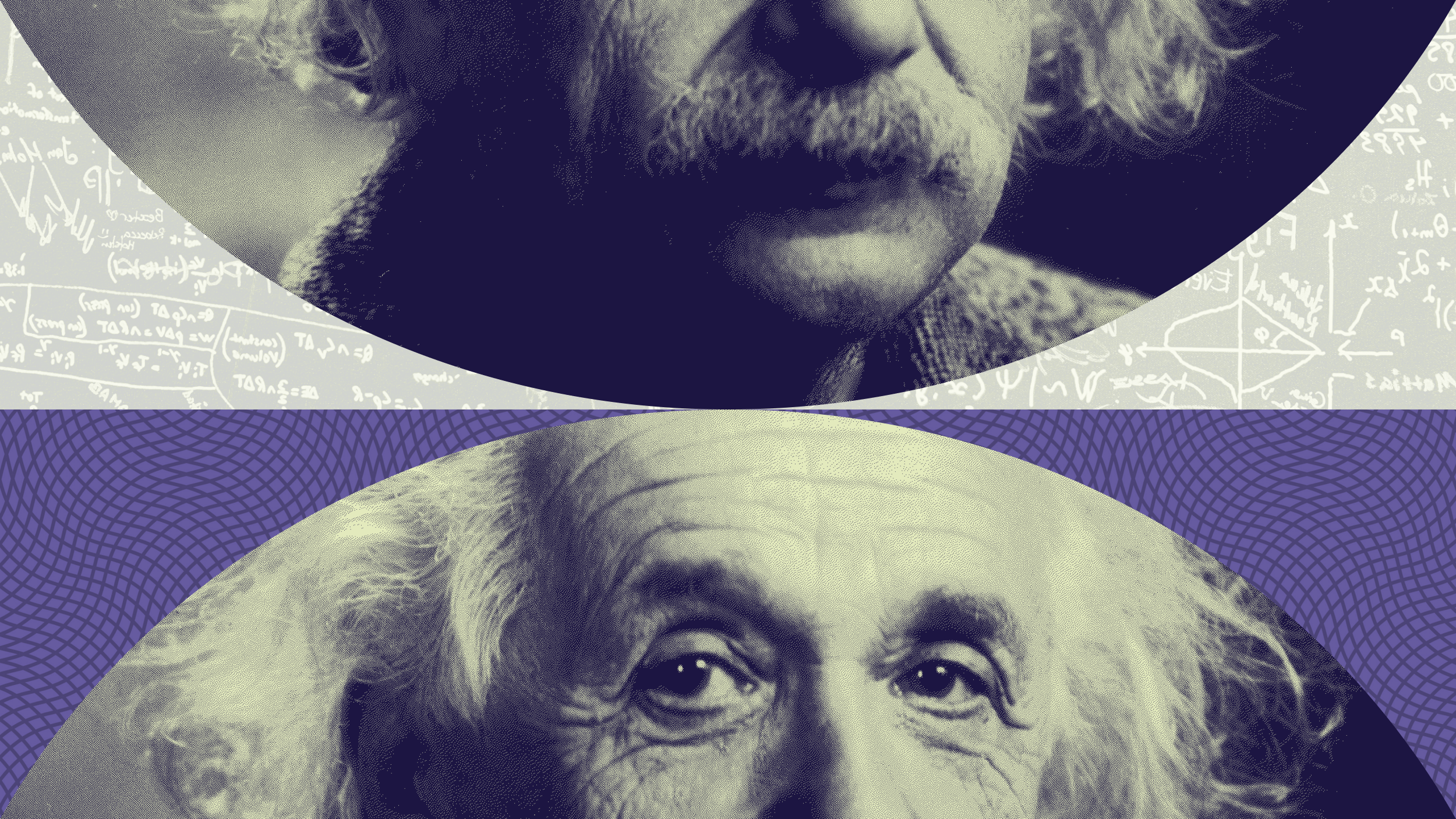Berkley says the level of engagement on the ground and the quality of work has been validated and accredited.
Seth Berkley: For me, the really exciting thing is when we started IAVI, a lot of people said you can’t go to poor communities in sub-Saharan Africa and get this type of research done. It should be done close to academic centers in the west. For me, we’ve proven the opposite. The level of engagement on the ground and then the quality of work -- we’ve recently had our laboratories in Africa have been not only validated but accredited and they’ve done fabulously. So the work there is done better than it is, or at least as good as, in anywhere else in the world. So seeing a team like that come together and the pride that exists and the hard work-- And the reason they perform so well is because they’re living in their community and seeing it. They all have stories to tell. And that to me has been my, in a sense, proudest moment. Let me give you another example of something that was interesting. We recently began to work with a group of male sex workers in east Africa. When I lived Uganda, it was said that homosexuality in Africa was almost unheard of and it is very rare. It’s not something that’s well condoned and all of that. So here was a group of sex workers who had been doing it, have been operating there and to see them engaged in wanting to get involved in this and having them celebrate with each other and the ability even to be open about it and talk about it, and to even see the other investigators in the setting to see them and feel uncomfortable in a setting because the investigators hadn’t dealt with their own concerns about it -- but to see that kind of bonding and sharing was really exciting.
Question: Have you ever been in danger?
Seth Berkley: We certainly have to be extremely careful on discussing these things and talking about them. Early on one of my hardest experiences was when I first went to Casin Sero [ph?], which is the place where AIDS was first documented on the African continent. It’s where the slim disease-- And on the way down there, we were ambushed and the car behind us, somebody was shot in the head and being the only doctor, I had to provide medical care and spend the night sleeping in the clinic where the first cases were diagnosed, not knowing whether these guys were going to come back and try to get us, and eventually sending for help in a canoe getting soldiers to come and help escort us out. The answer is I’ve certainly been in situations that’s it’s been pretty trying. The other side of it is that when you deal with your investigators, your people, everybody has a story. When you’re there and you spend time with them, they’ll tell you about their brothers and sisters and others who have died from this disease and to watch the amazing dedication that occurs by having that incredible connection-- You ask people why are you doing this, why are you so in, they say “I don’t want my child to grow up in the fear in this situation,” and so it’s just an amazing commitment.





